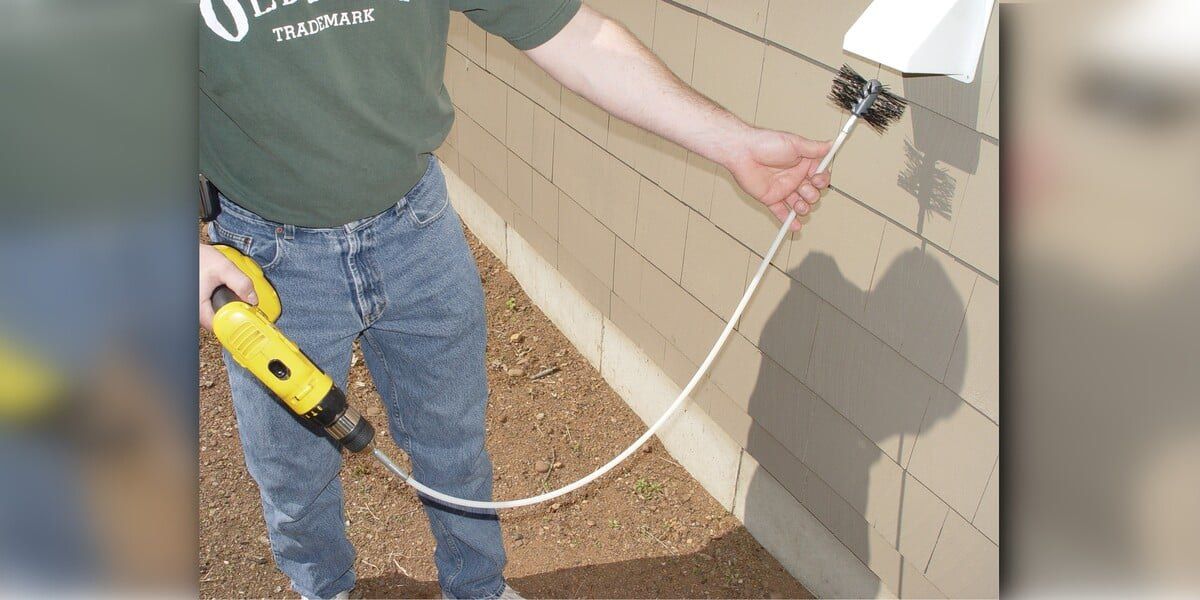
Understanding Property Searches in Conveyancing
When buying a property, it’s easy to get swept up in the excitement of finding your dream home. However, before contracts are signed and ownership is transferred, there are essential legal checks that protect you as a buyer. These checks, known as property searches, are a vital part of the Conveyancing Hive process. They provide detailed information about the property and its surroundings, ensuring you know exactly what you’re investing in.
Let’s explore what property searches involve, why they matter, and what buyers should expect during this stage.
What Are Property Searches?
Property searches are investigations carried out by your Conveyancing Hive or solicitor to uncover important details that may not be immediately visible when viewing a property. While a house may look perfect from the outside, hidden legal or environmental issues could affect its value, safety, or your ability to use it as intended.
These searches help identify potential risks and give you the knowledge needed to make an informed decision before committing to the purchase.
Why Property Searches Are Important
Skipping searches may seem tempting to save time or money, but it can expose buyers to significant risks. Imagine purchasing a home only to discover:
- A planned motorway will run nearby.
- The property sits on contaminated land.
- There are restrictions preventing extensions or alterations.
- Flooding risks could affect insurance and safety.
Property searches safeguard against these surprises, ensuring you invest with confidence.
Types of Property Searches
There are several types of searches your conveyancer may conduct, depending on the property and its location:
- Local Authority Search – Reveals planning permissions, building regulations, and any enforcement actions affecting the property.
- Environmental Search – Identifies issues such as flooding, subsidence, or contamination risks.
- Water and Drainage Search – Confirms whether the property is connected to public sewers and mains water.
- Chancel Repair Liability Search – Highlights whether you may be responsible for contributing to the upkeep of a local church.
- Land Registry Search – Confirms legal ownership and boundaries of the property.
Each search provides valuable insights, helping you avoid costly surprises in the future.
How Long Do Property Searches Take?
The timeframe varies depending on the local authority and the complexity of the property. On average, searches take between 2 to 6 weeks. While delays can occur, having an experienced conveyancer ensures the process moves as smoothly as possible.
Who Pays for Property Searches?
Typically, the buyer is responsible for covering the cost of searches. The total expense usually ranges from a few hundred pounds depending on how many are required. Though this may feel like an added burden, it’s a small investment compared to the risks of purchasing a property without knowing the full picture.
Can You Skip Property Searches?
If you’re a cash buyer, you technically can proceed without searches, but this is strongly discouraged. Without them, you may face unexpected legal, financial, or environmental problems later. For buyers using a mortgage, lenders usually require searches as part of their due diligence.
The Role of Your Conveyancer
Your conveyancer’s job is to order, review, and explain the results of these searches. They’ll highlight any concerns and advise whether you should proceed, renegotiate, or reconsider the purchase. Having professional guidance ensures you don’t overlook issues that could impact your investment.
Final Thoughts
Property searches are a critical safeguard in the Conveyancing Hive process. While they may add time and cost upfront, they provide invaluable peace of mind and protect you from future headaches. By uncovering essential details about the property and its surroundings, searches help you make confident, informed decisions before completing your purchase.
For buyers, understanding the role of property searches means appreciating their importance not as a hurdle, but as a shield protecting one of the biggest investments you’ll ever make.


